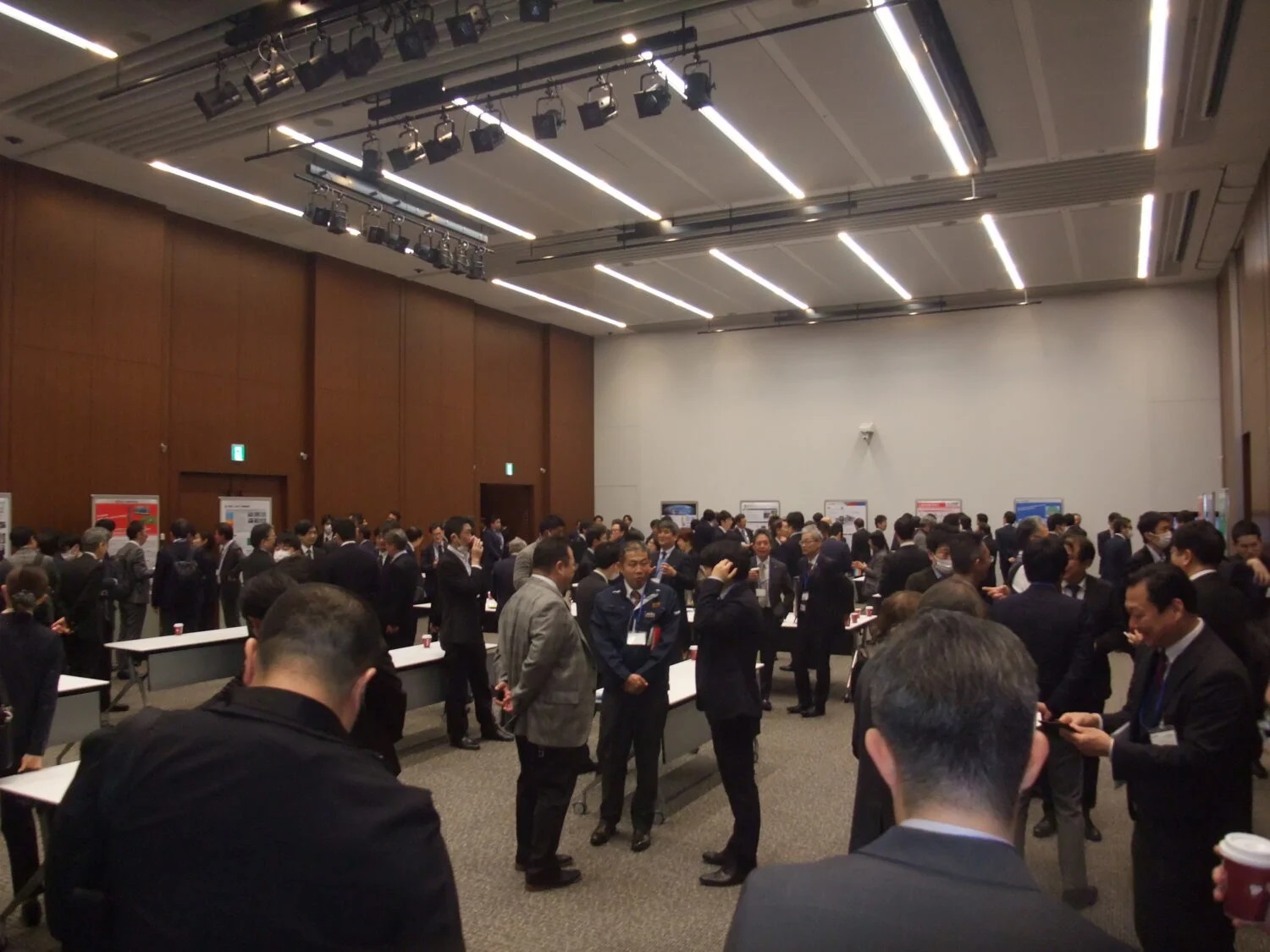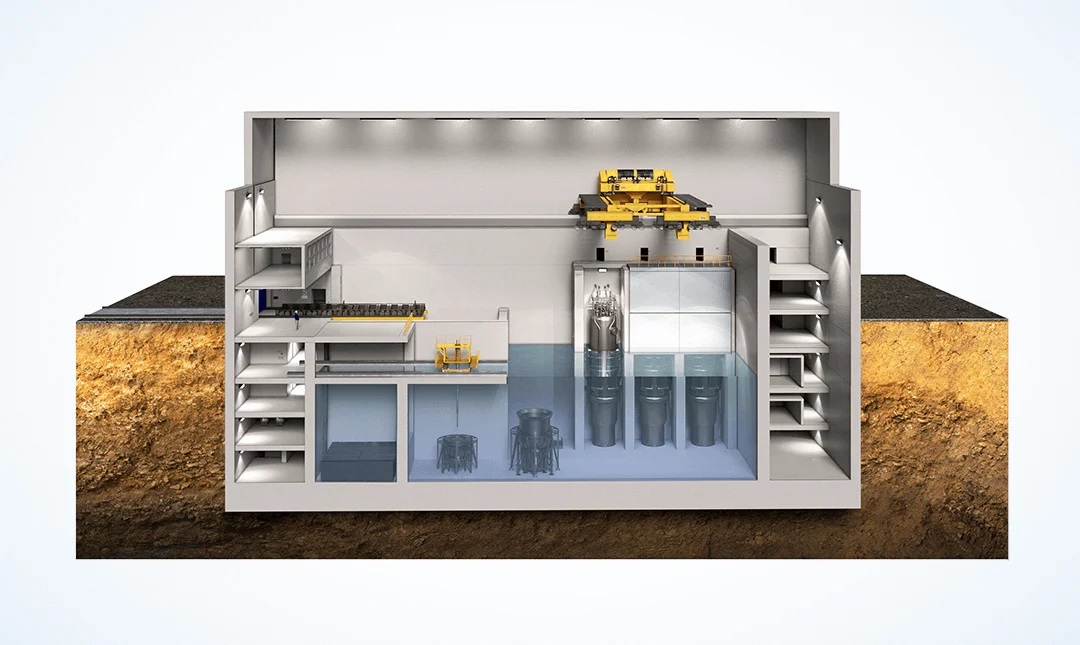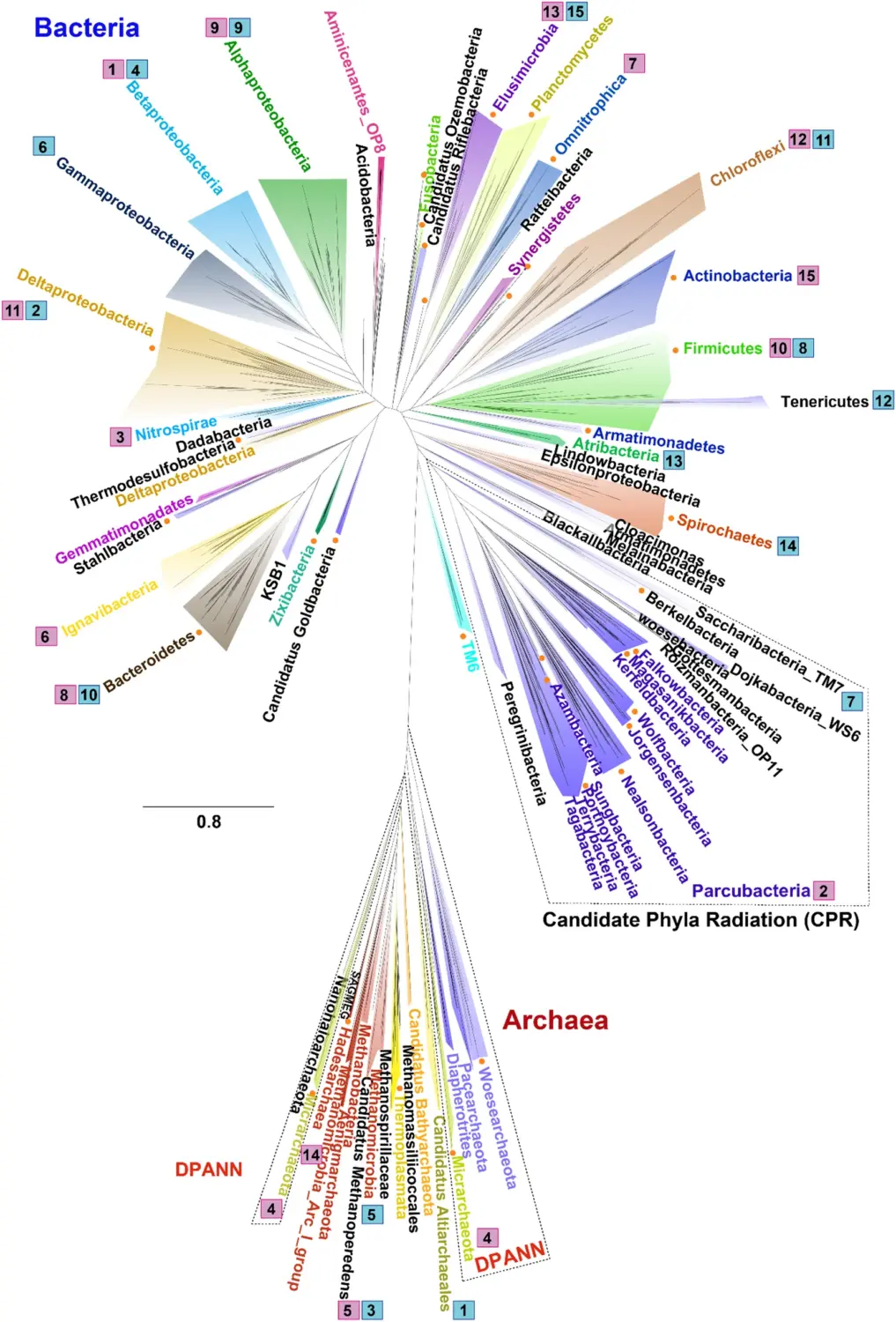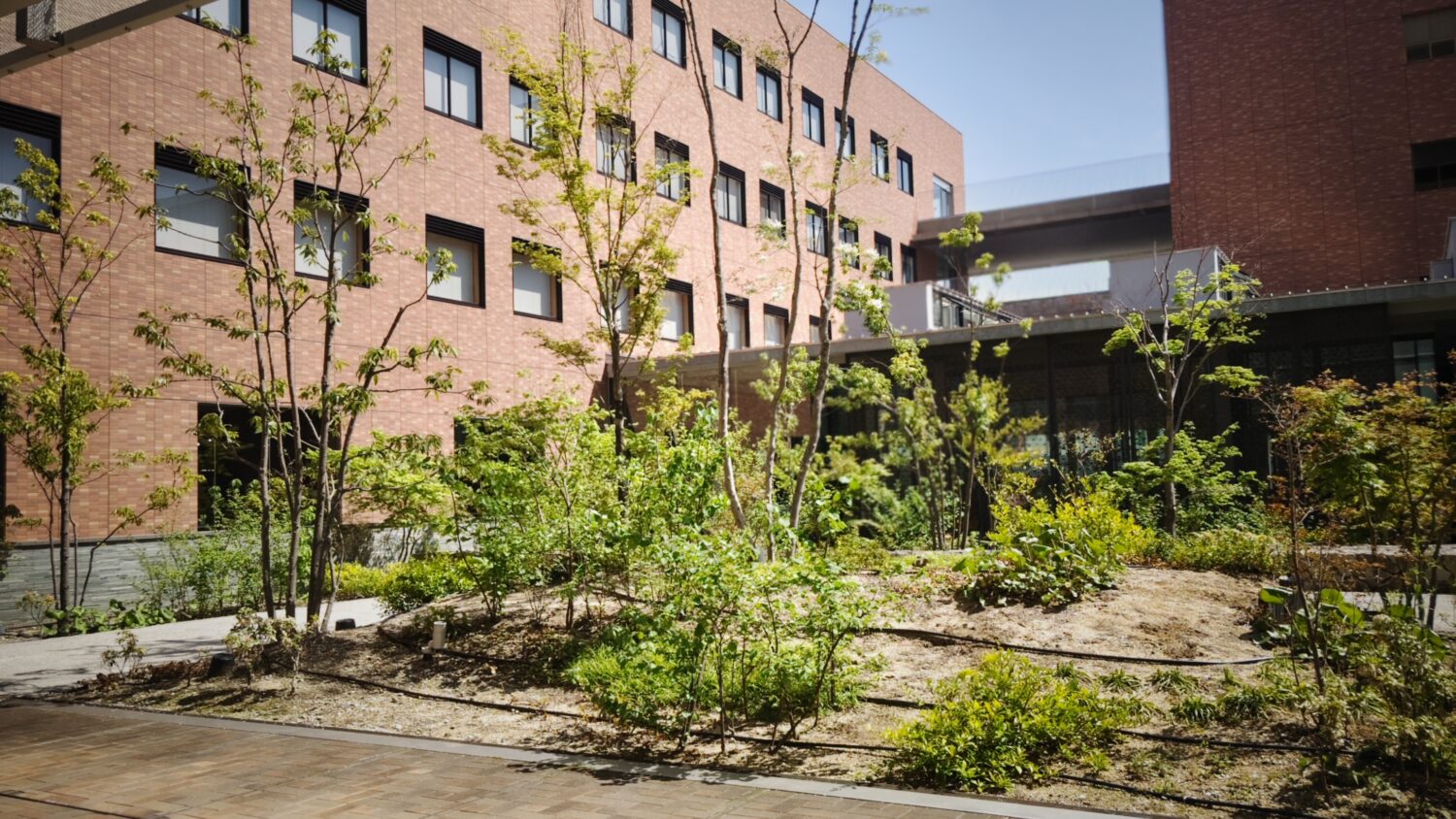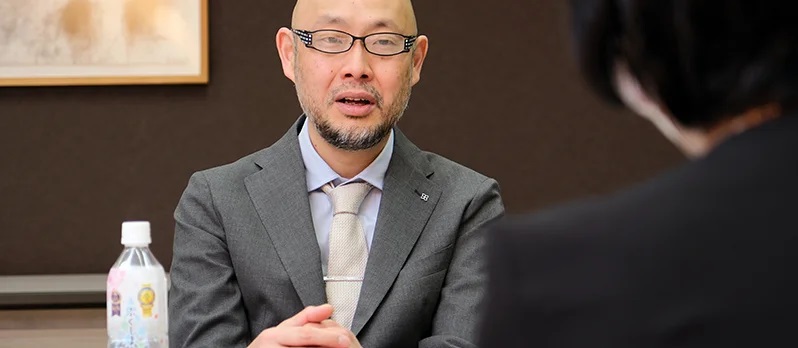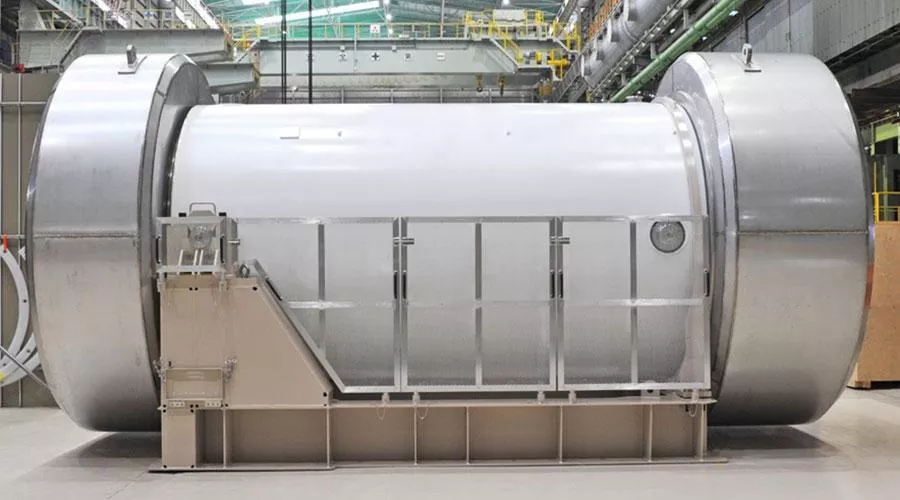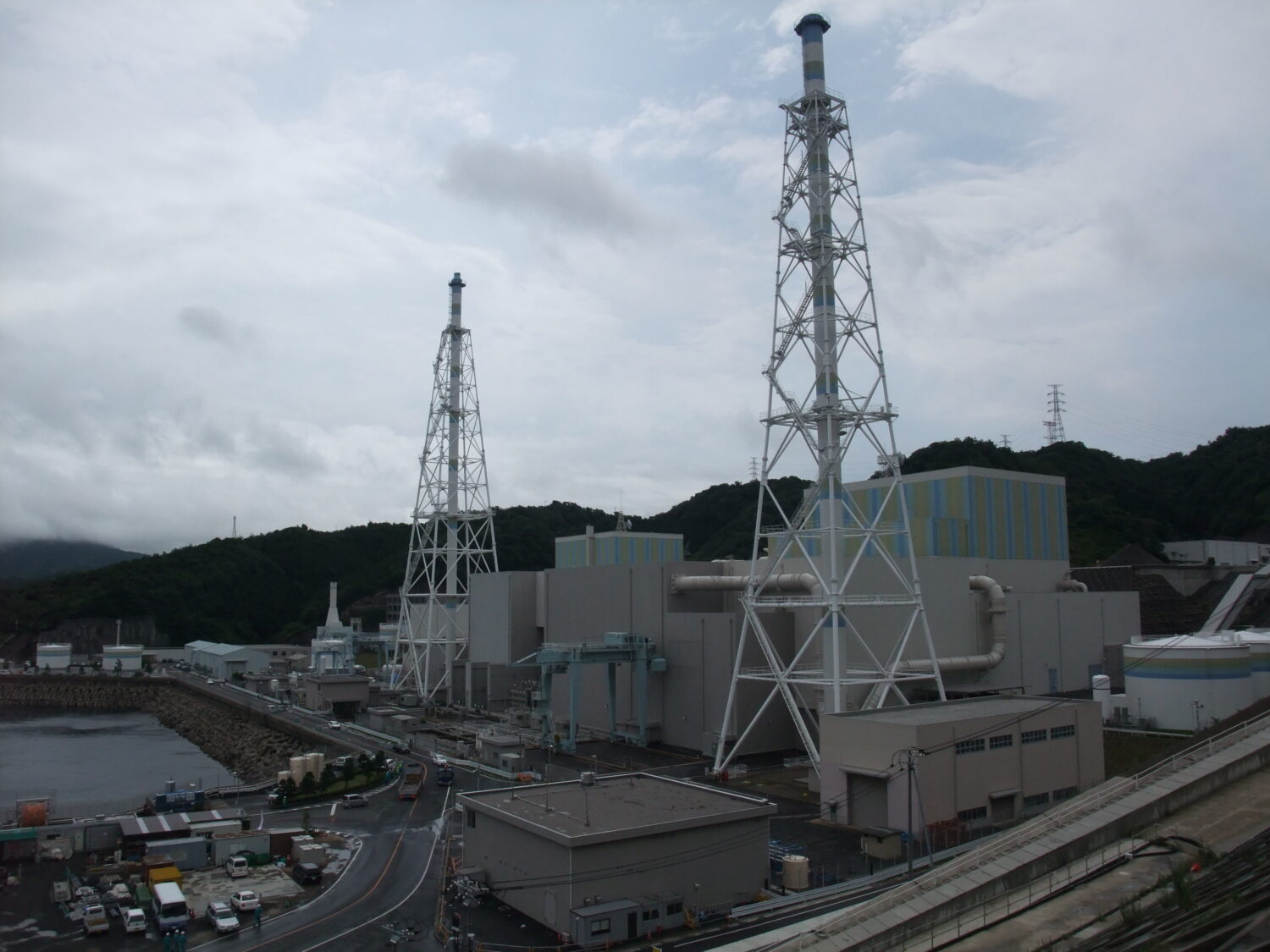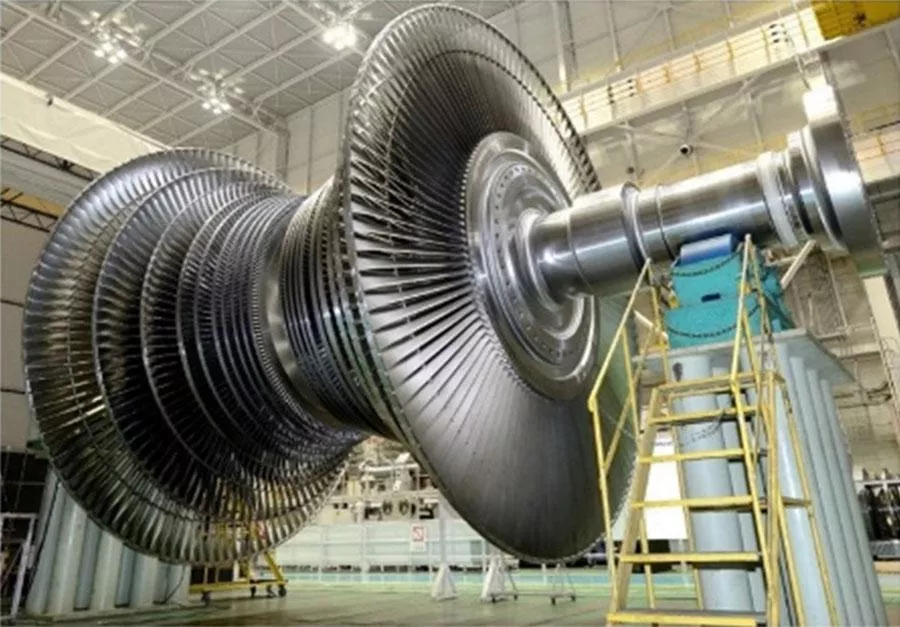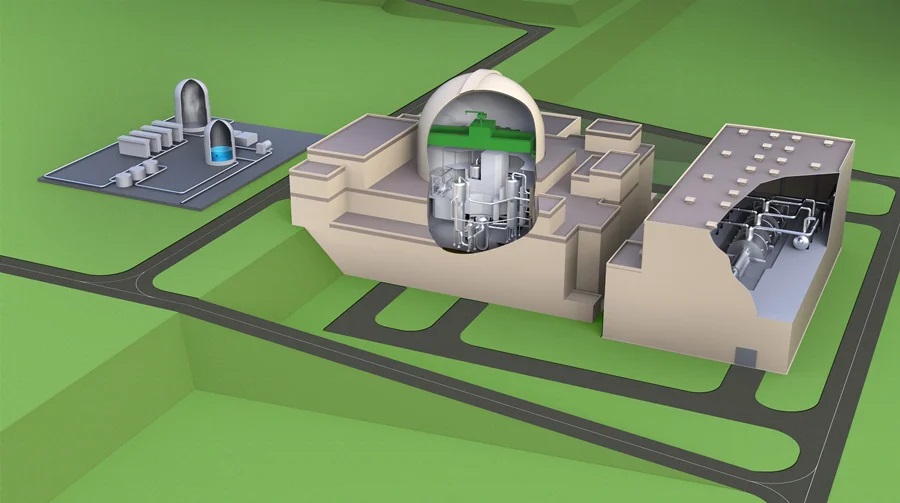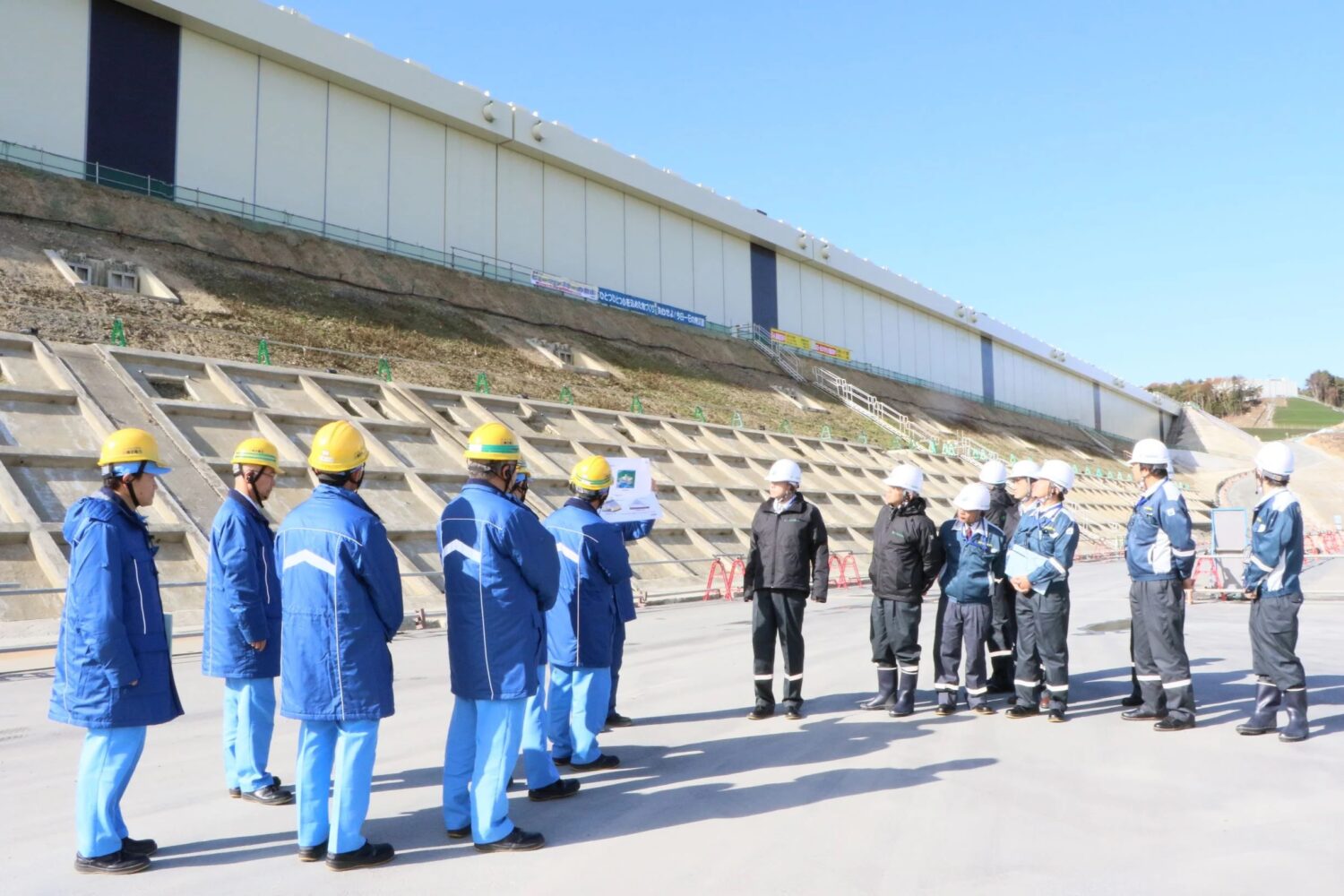At the start of the meeting, a representative of the Agency of Natural Resources and Energy (ANRE) explained several recent nuclear-related developments He reported that the restart of the Onagawa-2 Nuclear Power Plant (NPP), owned and operated by the Tohoku Electric Power Co., would be in September 2024 because of the time needed to complete safety-measures work.
In connection with the earthquake that struck Noto Peninsula on January 1 of this year, no abnormalities were found in safety functions at the Shika NPPs, owned and operated by the Hokuriku Electric Power Co. Based on the lessons learned from the earthquake, they will work on improving and strengthening the nuclear preparedness system.
In the area of power systems reform, now being addressed by the Electricity and Gas Basic Policy Subcommittee under the ACERP, it was reported that while the first Long-Term Decarbonization Power Source Auction bidding window had been opened in Japan in January, various points were raised involving risks peculiar to nuclear power, including delays in back-end projects, which prompted the start of further discussions.
Given that investment in safety measures at existing NPPs may be included in items up for bidding at the next Long-Term Decarbonization Power Source Auction, Deloitte Tohmatsu was asked to present issues related to investment returns and finance.
Although the firm highly evaluated the system as capable of contributing significantly to improving foreseeability in comparison with capacity markets, it expressed concerns about uncertainties unique to nuclear power, such as costs to be incurred during decommissioning after the end of operations, for which total sums cannot be estimated and which thus potentially cannot be recovered during the time when an NPP is operating.
Meanwhile, the firm, referring to the division of public and private roles, as well as to possibilities for utilizing private funds and other issues in the financing aspect, pointed out the need to clarify the long-term strategy of the nuclear industry in the next Strategic Energy Plan.
In response to the above, one commissioner present at the meeting commented that “risks must be specified that are specific to nuclear energy—including long-term safety, supply stability, economic efficiency, and environmental compatibility—with measures to mitigate them considered by referring to related activities overseas. Another commissioner said that “a financial foundation must be considered in anticipation of accidents.” The pointing out of risks specific to nuclear energy suggested the need to deepen discussions on the matter.
President ARAI Shiro of the Japan Atomic Industrial Forum (JAIF), who took part as a special commissioner, said that “development of the business environment is necessary to allow for adequate financing of operators in order for them to be willing to invest.”
Closing the meeting, Chairman Yamaguchi, who was set to retire from his position after the meeting, looked back on his experiences, including leading discussions on enhancement of safety, and said, “Although we are still only halfway down the road, I am sure that what has been discussed here will be useful.”


-1.png)


